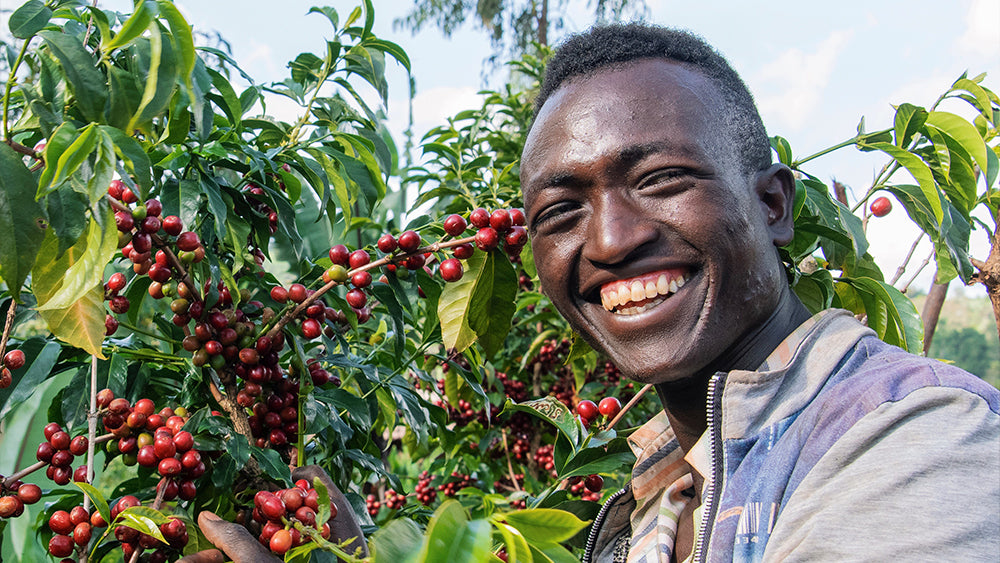Can Kids Drink Coffee, Syntropic Farming, and Potentially Lowering Your Death Risk

-
Is It OK to Let Your Kid Drink Coffee?
By Christin Perry for Parents“It seems coffee shops are the new hangout for high schoolers, and the trend is quickly extending to middle schoolers too. Whether it's a cold drink while hanging out at the mall or a post-practice pick-me-up, kids are consuming caffeinated beverages at an alarming rate. But should kids drink coffee? What are the possible long-term and short-term side effects?”
continue reading -
How can syntropic farming benefit coffee production?
By Ana Paula Rosas for Perfect Daily Grind“While some agricultural models focus on increasing crop yield, Ernst points out that syntropic farming encourages more natural and sustainable methods of food production. For instance, planting several different species of trees together in the same area will encourage biodiversity. The number of animals, birds, insects, and microorganisms will increase, thereby creating a more healthy and diverse ecosystem.”
continue reading -
Coffee Makes Your Brain Run Better
By Zac Cadwalader for Sprudge“You don’t exactly need an advanced degree in a hard science nor any real notion of the inner workings of your thinking organ to understand that the day’s first cup of coffee turbocharges your faculties. Nonetheless, scientists have taken to studying how coffee affects brain activity, and according to recent research, it may be doing more than just providing an additional jolt of energy; coffee may be rewiring your brain.”
continue reading -
If you drink these types of coffee, you could have a lower death risk
By Megan Marples for CNN Health“Results showed that for people who drank a moderate amount of coffee, defined as 1.5 to 3.5 cups a day, those who sweetened their coffee had about a 30% lower death risk compared with non-coffee drinkers, according to Dr. Christina Wee, associate professor of medicine at Harvard Medical School.”
continue reading

Leave a comment